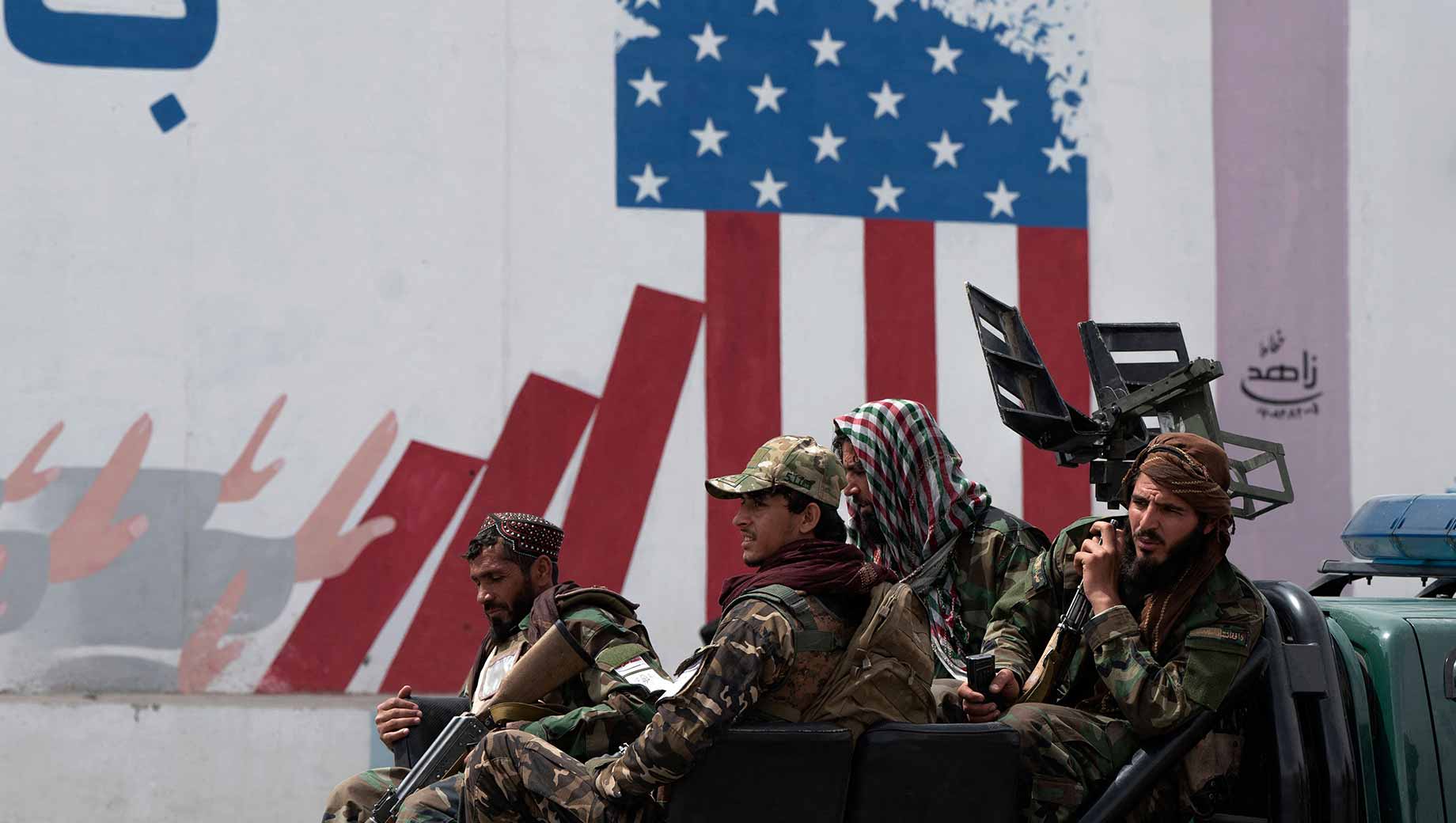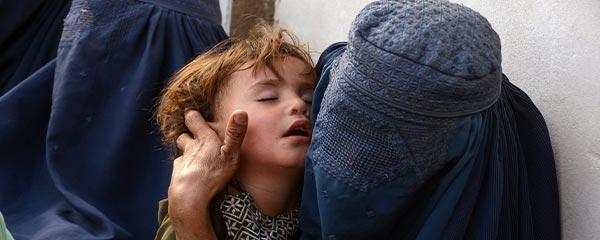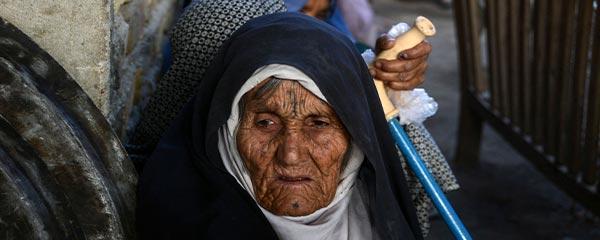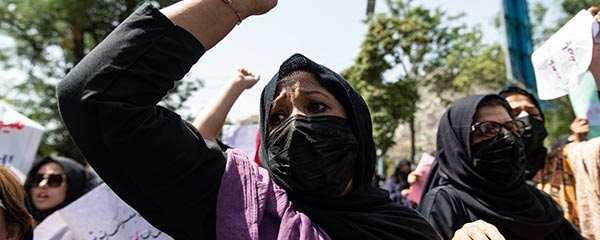Story Highlights
- 18% of Afghans approve of U.S. leadership
- 53% of ethnic Hazaras approve of U.S., 8% of Pashtuns
- Saudi Arabia approval at 40%, Iran 25%
This article is part of a series based on Gallup’s surveys in Afghanistan one year after the Taliban’s takeover.
WASHINGTON, D.C. -- One year after the U.S. withdrew its troops from Afghanistan, U.S. leadership remains deeply unpopular with Afghans.
Just under one in five Afghans (18%) currently approve of U.S. leadership, a modest improvement from the record low of 14% amid the U.S. military’s much-criticized withdrawal from the country in August 2021.
Within Afghanistan, the U.S. remains popular among Afghanistan’s Hazara ethnic community; 53% are still supportive of U.S. leadership. As an ethnic and religious minority, the primarily Shia Muslim Hazara were persecuted when the Taliban ran Afghanistan in the 1990s and early 2000s. The community’s political leadership has often viewed U.S. military and political influence as an important counterweight to the Taliban.
However, among Pashtuns, the ethnic group that the Taliban’s core support comes from, U.S. approval stands at only 8%.
Afghan women are slightly more likely than men to approve of U.S. leadership (21% vs. 16%, respectively). U.S. support also skews somewhat toward the young, with 22% of 15- to 29-year-old Afghans approving of U.S. leadership, compared with 13% among those aged 50 and older.
Afghans Look More Favorably Toward Saudi Arabia, Iran
Following the 2001 overthrow of the Taliban, dozens of countries contributed troops to the International Security Assistance Force, and hundreds of billions of dollars were spent by various governments and multilateral organizations on development.
Despite more positive survey data in the early years of the war, Afghanistan failed to either achieve security or increase living standards as perceived by the population. By 2019, only 17% of Afghans were satisfied with their standard of living and just 12% felt safe walking alone at night, the lowest scores in the world that year among more than 140 countries surveyed.
Afghanistan has received as much international attention as any country in the world in the past 20 years, yet in 2022, Afghans rate their lives worse than any population has since the inception of the World Poll. Afghans didn’t always view the leadership of other countries unfavorably, but they now find themselves in a seemingly hopeless situation and failed by the international community.
In 2022, Afghans give the highest leadership ratings to another predominantly Sunni Muslim country, Saudi Arabia (40%), while one in four (25%) approve of the leadership of neighboring Iran. China and Russia -- two countries seen as U.S. competitors, both globally and in Afghanistan -- are viewed poorly by Afghans, with 14% approval, despite the Taliban’s warm ties with Beijing and Moscow.
Bottom Line
One year after retaking power, the Taliban has continued to communicate a desire to establish working relations with former enemies, including the U.S. What is less clear is how much the U.S. or any other country will be able to influence the Taliban and help improve the lives of ordinary people. Already, Afghanistan’s new leaders have reneged on promises to ban foreign terrorist groups, shun retribution against former members of security forces, and allow women to work and go to school.
Over the course of 20 years, the U.S. developed countless relationships with Afghan officials, civil servants and regular citizens. The U.S. and international community have recently delivered billions in aid for humanitarian purposes. Continuing to find ways to fulfill that responsibility to Afghans without helping a regime that appears in no mood to compromise is a unique challenge for policymakers.
To stay up to date with the latest 优蜜传媒News insights and updates, .
For complete methodology and specific survey dates, please review .
Learn more about how the works.




